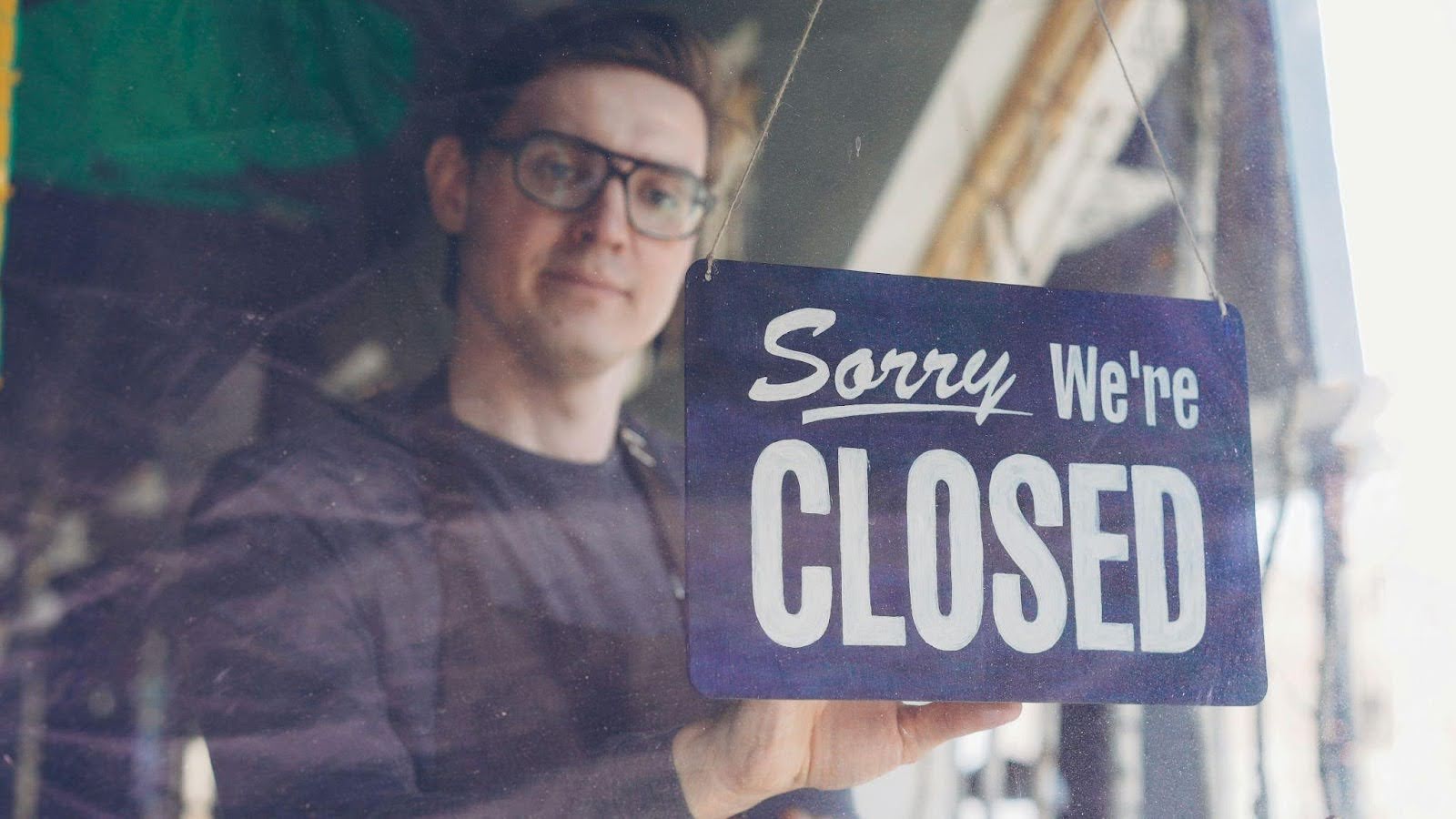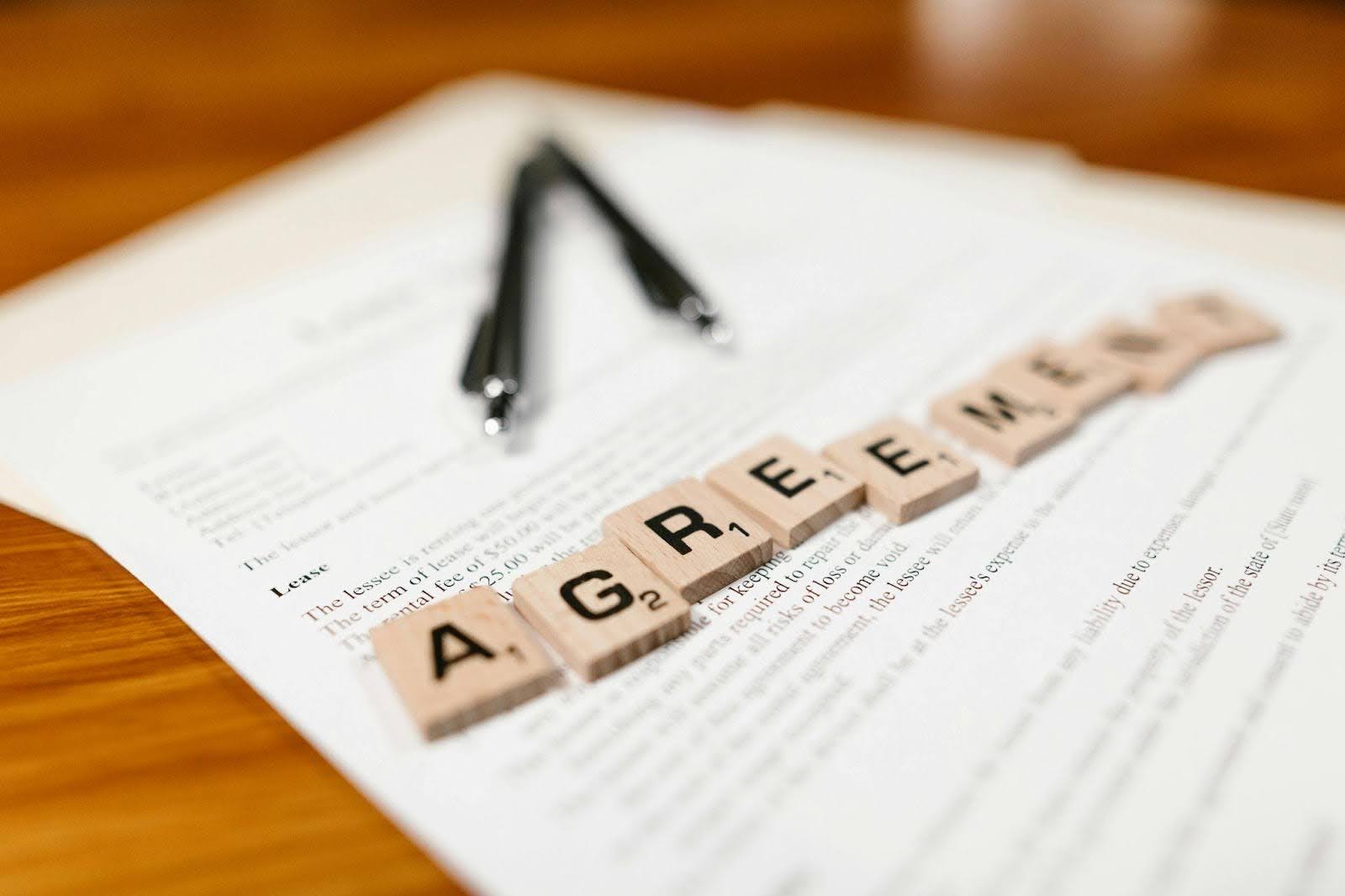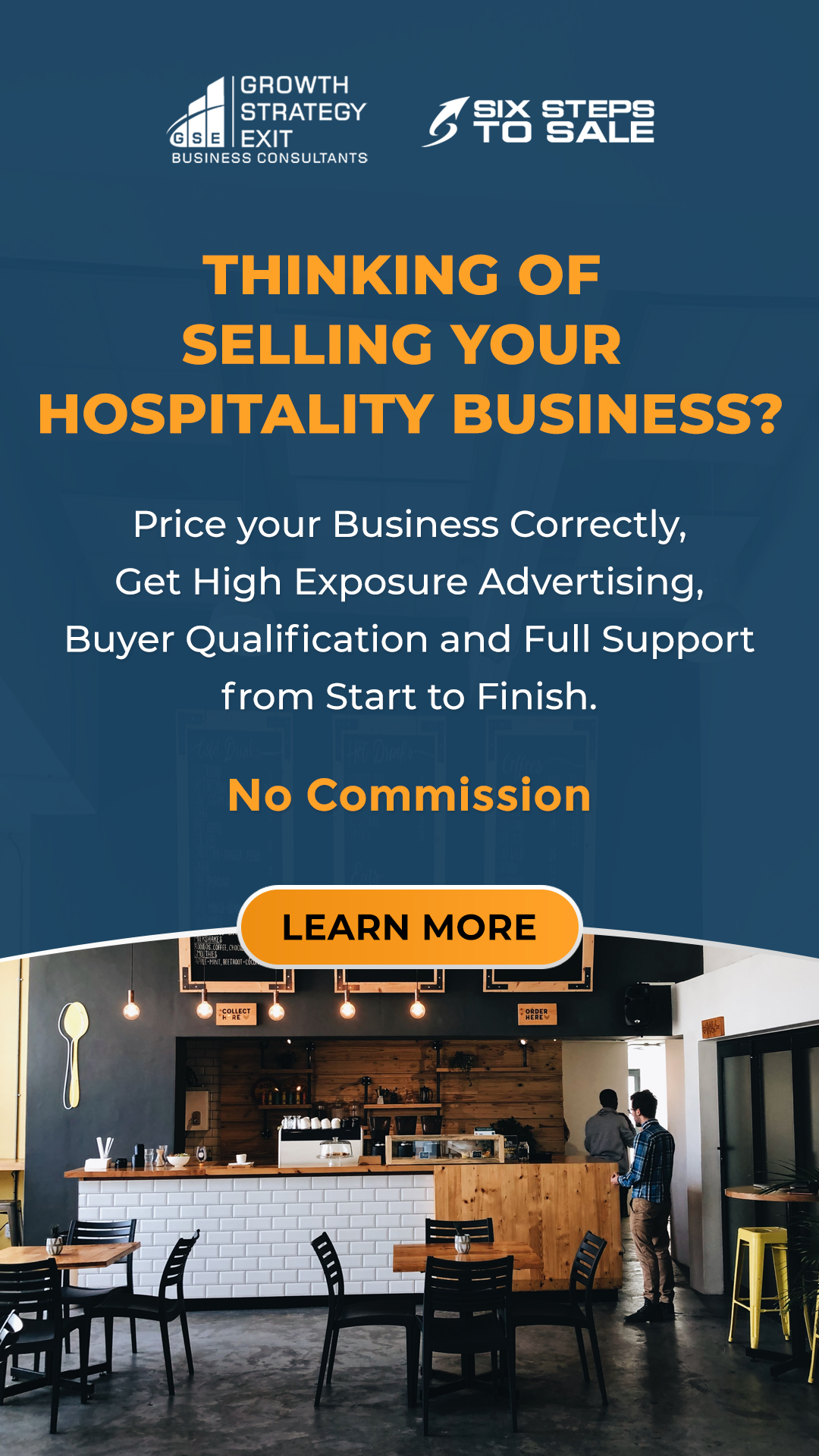How long will it take to sell my business?
This this is a question that I get asked a lot and I almost feel as if I am dodging the answer when I tell people it depends them, but it is true.
Whilst there are certain things that need to be done to get the business ready for sale a big deciding factor as to whether your business will sell or not, and how long it will take will be determined by how you price and market the business.
In this email I wanted to quickly walk you through how I sold my last shop in six weeks, that is from the day it went on the internet to the day the sale completed.
The shop in question was bought with the full intention of getting in quick, turning it around and selling it on. This is something that I had spent most of my working life doing and so I went in with confidence that in 12-18 months I could more than triple the value. I had my eldest son and my wife beside me, what could possibly go wrong?
Whilst my previous experience has taught me a lot about picking the right business, market value, potential profit and future sale prices etc. one thing I forgot to account for was how much you can get drawn into a food business.
Let’s just say my plans of just overseeing operations and not really getting hands on didn’t quite work out!
It soon became apparent that the changes we were making were going down well and the shop became very busy very quickly, a little too busy on a couple of occasions.
I think if we had gone into the business with a longer-term mindset this would have been the point that we would have taken on a manager and probably a couple of other staff to ease the burden.
Given that we were purely in for the short term I was keen to keep the costs to a minimum and as I am sure you know, that means doing a lot of the work yourself.
After a few months of juggling this business as well as the shop I began to feel the strain, I felt that my clients were not really getting the service they deserved in this business and I could not commit fully to the shop.
My wife and I had always felt that we had one more shop in us but we were now beginning to doubt that!
This was my son’s first venture into the hospitality business and I think he soon worked out that he preferred being on the customer side of the counter.
Needless to say, we made the decision to cut the plan short and put the shop up for sale.
Although I knew that we would not reap the rewards that I had projected on the 24-36 month plan I knew that we could still clear a good profit.
As I had gone into this shop with the plan to sell quickly a lot of the groundwork for getting the business ready for sale had already been done. All the preparation that I cover in my Six Weeks to Sale course was checked off so it was just about pricing, marketing, listing and selling.
Pricing – Be Realistic
Setting the price for a business is not an exact science, there are many ways to set the price of a café but the general rule of thumb is 1 to 3 times net profit or return to owner.
For example if the business was making $100K net profit it might be priced between $100K and $300K.
Naturally there is a lot of difference between $100K and $300K so considering what gets you closer towards the $300K is worthwhile. I have covered this in other posts so won’t go into detail now, but it is basically about reducing risk for the buyer.
With my shop I knew that I was at the higher end of the multiple as I had reduced a lot of the risk so I felt confident to price it accordingly.
When I went through the process of calculating the sale price I thought about the difference between the asking price and what I paid to calculate the profit on the sale but I did not price the business according to the level of profit I was after.
I have had many conversations with café owners who base there expected sale price on what they need or on what they paid for the business originally as opposed to what the market value might be.
Unfortunately, it just does not work this way and if you market the business with this method you a setting yourself up for disappointment.
When I priced the business I looked at the offer from the buyer’s side. As I have bought and sold quite a few shops and looked buying a lot more I feel I have a good grasp of what buyers are looking for.
In most cases it all comes back to the numbers, I was very careful to make sure that the sale priced matched up with numbers that I could easily back up.
Although I had invested time and effort into improving the appearance of the shop, replaced equipment, changed the menu etc I knew I would only get a sale if the price related to the income the buyer could expect.
Another thing that always seems to come up when you look at buying a business is the word “POTENTIAL”
Seriously, if I had a dollar for every time I had heard that! Don’t try and sell potential, very few people, if any will pay for potential in the hospitality trade.
Once I had worked out what return a buyer would get from buying my shop and calculated where the business sat on the multiple scale I was confident that I had priced the business correctly.
It was now time to market the business…
Marketing the Business
As I was time poor I fully intended to sell this shop through a broker, I already knew how the process worked and I just wanted some help.
I called four brokers, two that were referred to as “experts” only to find that the level of service I had expected was overstated.
One broker said he didn’t want to visit the shop and would list the business once I sent him a cheque for $900.
Two brokers never returned my calls and the fourth one who I had a good conversation with emailed me instead of somebody else (by mistake) with confidential information attached.
The minimum commission was quite consistent between the two brokers I spoke to, $15K – $18K and whilst I don’t have a problem paying commission I do have a certain level of expectation if I am paying out that sort of sum.
I had sold seven of my own shops previously so I did know what to expect and how the process worked. Although I did not really want the extra work I felt I would rather take it on than pay commission to somebody I felt that did not deserve it.
That weekend I went about considering where to advertise the shop. I researched all the top-ranking business for sale websites and decided on two:
https://www.seekbusiness.com.au/ and https://www.businessforsale.com.au/
From memory Businesses for Sale was a lot cheaper than SEEK and although it looks a lot more dated it was easier to list on.
Interestingly the results from enquiries were also better through Business for Sale with the advert getting 5 enquiries on the first weekend from that one site.
I had a system in place to filter out anybody that might not be 100% serious and I quickly took the five enquiries down to two.
Of the two I managed to set up a meeting with one couple on the Wednesday of that week and I took them through the numbers of the business. After visiting the shop at the weekend they seemed quite keen and I knew that if I could show them that the numbers all added up w would be able to agree a deal.
After chatting for about an hour the couple submitted an offer which was $20k below the asking price which I rejected, this was then countered by another offer which was the exact figure I wanted to achieve. We shook hands and agreed to push the transaction through as quickly as possible.
Next Steps
With an interested buyer I knew that it was in my best interest to get the ball rolling as quickly as possible.
I had already had a conversation with my solicitor about my intentions to sell the shop and so I called him on the way back from the meeting.
With the instruction received and the relevant information about the buyer and the deal I knew we could get a contract out quickly and sure enough we had it signed within a week.
The key points in this stage are to make sure you have discussed you plans with your solicitor (and accountant) before you put the business on the market. This way you will identify any potential roadblocks before you spend time generating buyer inquiries.
I have found that buyers can lose interest quite quickly if there is a time delay or situations that arise which could have been prevented.
The more that you can do in the front end to prevent this the better.
The Conclusion
This deal went well, six weeks from placing the advert the contacts were exchanged and the sale completed.
I am not naïve enough to appreciate that this was an exceptionally good result but I am also a big believer that you create your own luck.
By going into the sale well prepared, pricing the business correctly, and marketing the business well the odds were stacked in my favour.
Whether you are going to sell the business yourself or through a broker there are things in your control that will help you to sell quicker and for the right price.
Selling through a broker will help you save time on the listing and enquiry process but the preparation side of things will need to be completed by you. In my experience, it is far better to get this done in advance so that you can answer any queries quickly and convincingly to avoid losing a buyer.
I hope that this has been of some use to you and wish you all the best with the sale of your café.
If you need any help feel free to Book in a Time for A Confidential Chat About Your Options.
![]()






